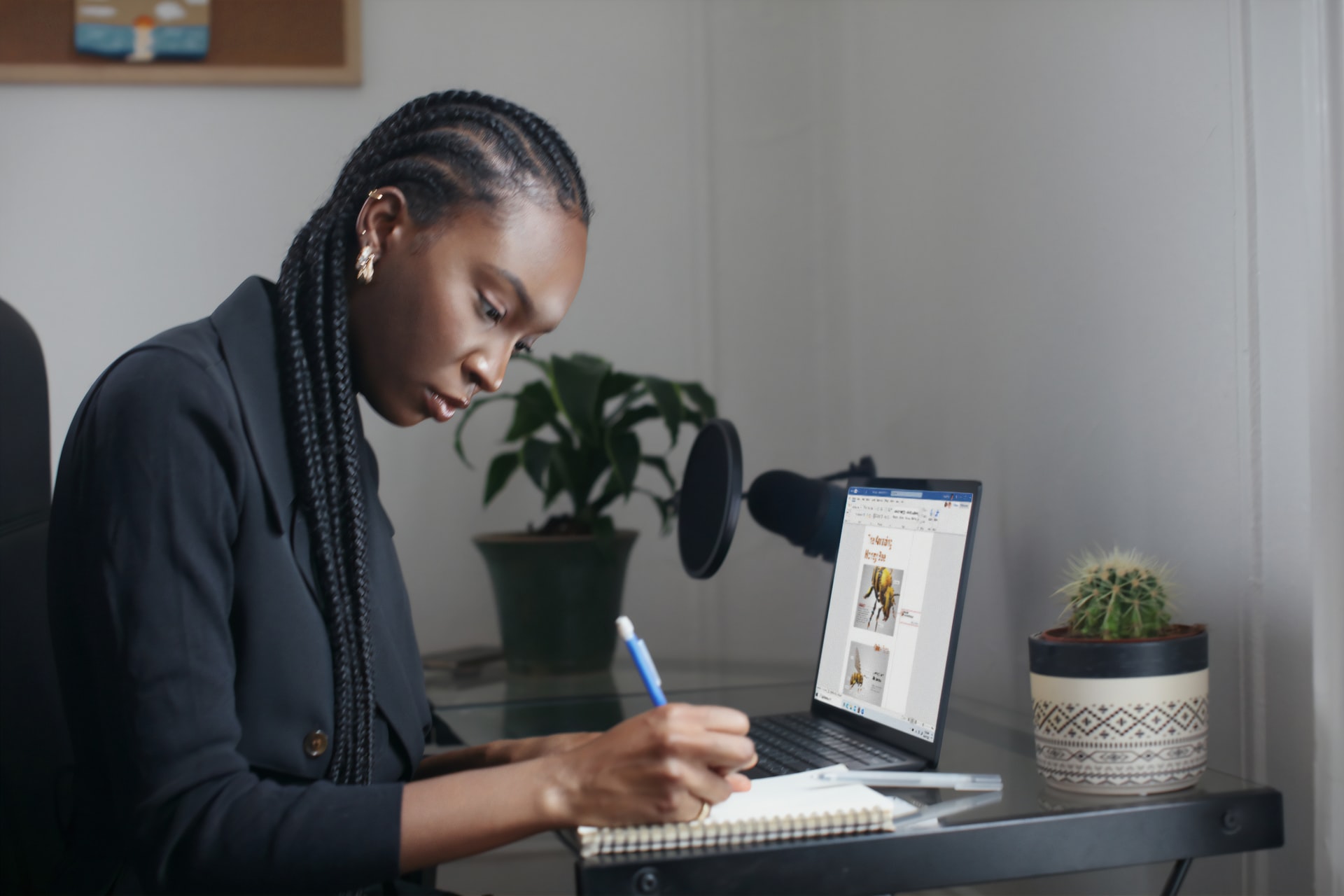By David Seinker, founder & CEO, The Business Exchange
With the anniversary of South Africa’s first hard Lockdown now approaching, it’s difficult to believe it’s been nearly a year since all our lives were turned upside down by COVID-19. No one could have foreseen the impact on nearly every professional industry – often negative, but surprisingly, sometimes for the better. The office is certainly one area that has been in the spotlight constantly over the past tumultuous 12 months, thanks to its once central role in businesses around the world. Today, millions of square metres of office space stand empty, raising the question of whether the death of the corporate HQ should be mourned, or whether there’s still a chance it can be resurrected.
As such, it’s important to reflect on how the past 300+ days have shaped how we view a concept that was once central to how work was done.
WFH is not the panacea, flexibility is
When the President first instructed us to stay home, thousands of people were thrilled by the idea of not having to go to work. But it wasn’t long before reality set in, and “living at work” became a far better description than “working from home”. Turns out, it was the flexibility that remote work allows for that we were after, rather than working from home per se. Yet, simply going back to the office as we once knew it definitely isn’t the answer either.
Our model at The Business Exchange is built on this fundamental – that the nature of work is changing, and the days of the traditional office are numbered. The COVID-19 pandemic just accelerated the adoption of a new way of working. And a hybrid model, in the form of a serviced office, is one possible solution.
This option allows staff to work from the office on certain days of the week and remotely on others. It’s a model that also offers significant benefits for companies concerned about being tied down by long, inflexible leases in the current fast-changing reality. If they choose the option of a fully-serviced professional office in which to pursue this hybrid approach, they can save on rental costs through more efficient utilisation of space and associated fees, including large fit-outs, furniture and even IT infrastructure.
Serendipity as a business strategy
There’s an x-factor that is critical to business success and innovation – serendipity, or chance encounters that result in unplanned but fortunate discoveries. It has a long history when it comes to both inventions and natural world discoveries. In the office, it refers to the accidental contacts that force interaction and strengthen relationships between co-workers.
But suddenly we weren’t having these serendipitous encounters, and that intangible “vibe” that the office offers was replaced, for many, with feelings of isolation, despondency and being overwhelmed.
That there’s a need to find ways in which to recreate these moments is clear.
Incorporating serendipity into your operating model is crucial. Despite the rollout of the vaccine in South Africa, experts reckon the virus will be with us for some time still, and that social distancing will remain important. The companies set to benefit most from remote work are those that acknowledge the value and importance of accidental human encounters, and proactively ensure they happen regularly and in a constructive (but not prescriptive) manner. Fortunately, there are a number of ways to recreate these “watercooler” moments that draw on the value of regular interactions with colleagues without reinstating your office lease and forcing staff back to a 60-minute commute in order to watch them work.
Serendipitous encounters can be facilitated through virtual watercooler moments, or by looking to a hybrid office model that offers the option of an office, but without the burden of managing it (from the employer’s perspective).
The lesson, surely, is that productive encounters and causal interactions are not the remit of a physical space, but rather the result of nurturing a workplace culture that values and prioritises communication.
The office hasn’t left the building, it’s just having a makeover
Our easy transition to a different way of working has highlighted the value of agility, flexibility and an open-mind, and that’s a learning that extends far beyond just the office. Devastating as the pandemic has been, both socially and economically, there is also reason to feel optimistic about the ways in which countless organisations and individuals have adapted, pivoted, made a plan and simply got on with it. The importance of resilience is the real lesson COVID-19 handed us, and that’s reason for optimism, regardless of where we’re working from.

